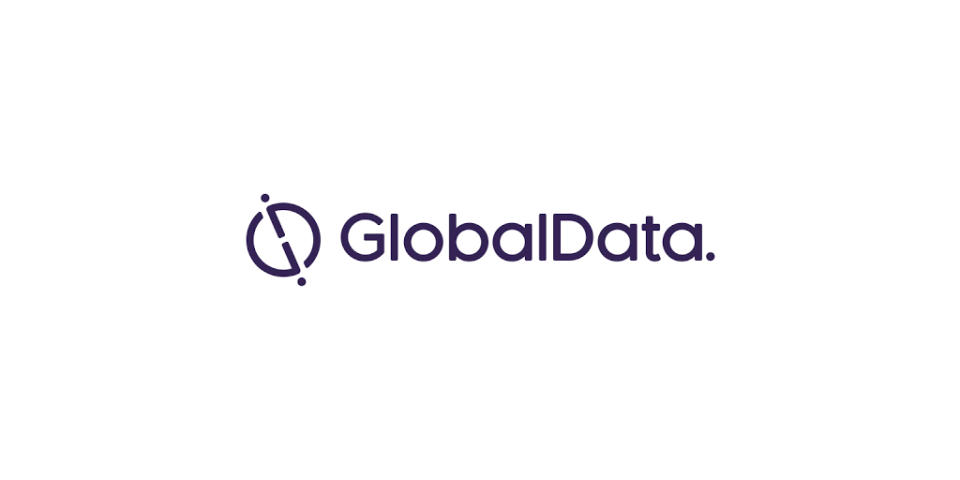GlobalData Report Highlights Staggering Economic Costs for Alabama of $7.2 Billion Due to Obesity

NEW YORK, March 14, 2024--(BUSINESS WIRE)--Obesity and overweight are estimated to have caused a staggering $7.2 billion reduction in Alabama’s economy in 2022, equivalent to 2.6% of the state's gross domestic product, according to a report released by GlobalData Plc, a leading data and analytics company.
GlobalData’s report, ‘Obesity’s Impact on Alabama's Economy and Labor Force,’ analyzes the economic and workforce implications of obesity in the State of Alabama, as well as the impact on state tax revenue collections and costs. Obesity is a serious, progressive disease and is associated with a range of other diseases, including type 2 diabetes, cardiovascular diseases, and musculoskeletal disorders. In Alabama, approximately one-third of adults are classified as having obesity (38.3%), and another third have overweight (33.7%) in 2022. This disease not only contributes to an increase in healthcare spending and premature death but also has a detrimental effect on labor force participation and productivity.
Estimates of the economic impact of obesity on Alabama include: 68,800 fewer adults in the workforce due to obesity-related unemployment and premature death, $655 million higher costs to employers for health-related absenteeism and disability, and 9% lower earnings for women with obesity compared to women with a healthy weight.
Employers in Alabama paid an extra $822 million in higher medical expenditures for health complications attributed to obesity and overweight. Households with private insurance incurred $479 million in higher costs. Medicaid costs to the state were higher by $137.2 million (equivalent to 9.6% of the state's Medicaid spending). The federal government also spent an estimated $1.5 billion more on Medicare and Medicaid for Alabama residents.
Obesity and overweight have a detrimental impact on the state's budget, estimated at $767 million in 2022 which is equivalent to 5.3% of fiscal year revenues. State tax revenues were lower by $433 million (3.0%) due to reduced economic activity, while state costs for Medicaid, public assistance, and state government health insurance increased by nearly $334 million.
The report also notes that achieving and maintaining weight loss of 5% to 25% among Alabama’s non-Medicare adult population with obesity could produce substantial medical savings, ranging from $3.5 billion to $10 billion over the next 10 years.
Considering the analysis, GlobalData has recommended actionable steps for state policymakers and employers:
State policymakers can (1) advocate for state employee health insurance to cover comprehensive, evidence-based obesity treatments, including intensive behavioral counseling, nutrition support, pharmacotherapy, and metabolic/bariatric surgery; (2) expand Medicaid coverage for obesity treatment; and (3) invest in community-based programs and education campaigns.
Employers can (1) offer insurance coverage and wellness programs for obesity care at parity with other chronic diseases; (2) foster a culture of support and inclusion that recognizes and accommodates the needs of employees with obesity; and (3) provide education and resources to employees to educate about the health risks associated with obesity as well as strategies for obesity care and weight management.
GlobalData's report serves as a wakeup call to address the obesity crisis head-on, with the potential to alleviate the economic burden on Alabama and foster a healthier and more prosperous future for its residents and employers.
The study was supported by Eli Lilly and Company.
ENDS
To gain access to our latest press releases: GlobalData Media Center
Analysts available for comment. Please contact the GlobalData Press Office:
Email: pr@globaldata.com
For expert analysis on developments in your industry, please connect with us on:
GlobalData | LinkedIn | X
Notes to Editors
Access the report and infographic.
When incorporating images or videos into news articles, we kindly request that media outlets exercise sensitivity in their portrayal of individuals with obesity. The Obesity Action Coalition’s Stop Obesity Weight Bias Campaign includes media guidelines and bias-free image gallery.
About GlobalData
4,000 of the world’s largest companies, including over 70% of FTSE 100 and 60% of Fortune 100 companies, make more timely and better business decisions thanks to GlobalData’s unique data, expert analysis and innovative solutions, all in one platform. GlobalData’s mission is to help our clients decode the future to be more successful and innovative across a range of industries, including the healthcare, consumer, retail, financial, technology and professional services sectors.
View source version on businesswire.com: https://www.businesswire.com/news/home/20240314738119/en/
Contacts
